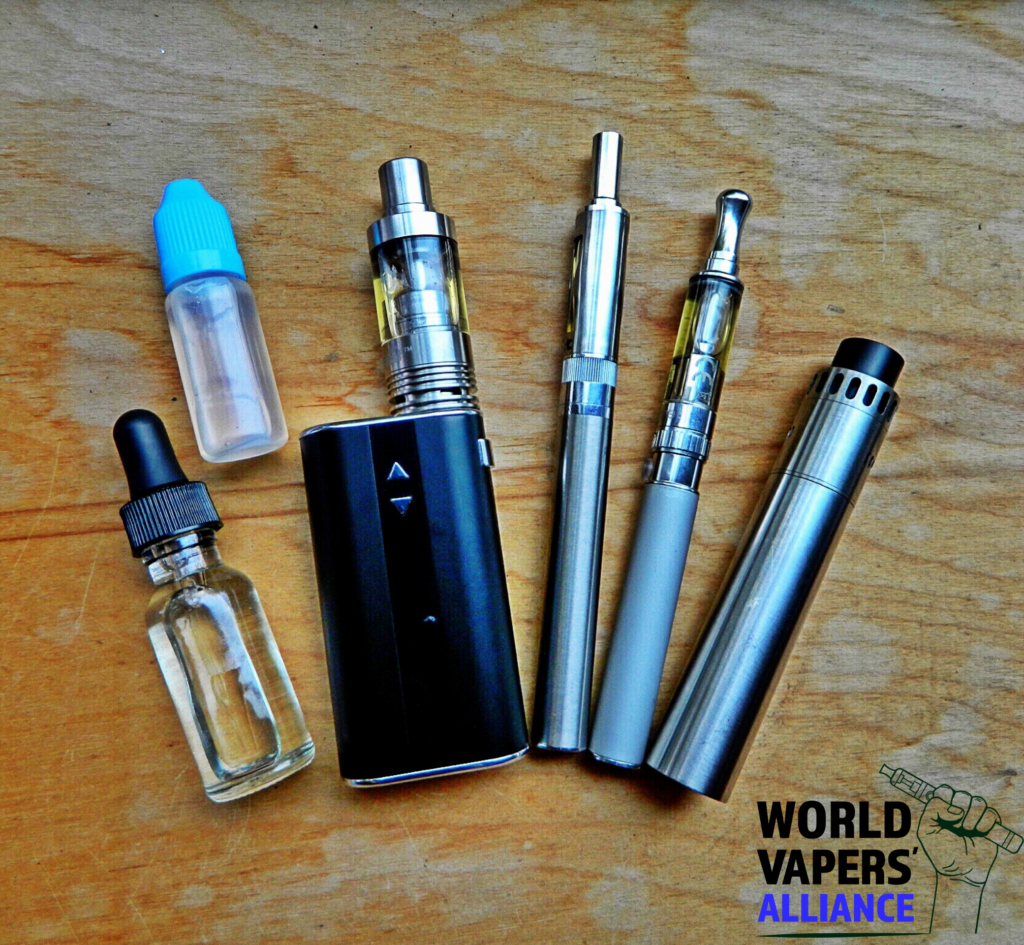Written by Joseph Magero
The proposals relating to vapes and oral nicotine pouches will, if passed into law, have severe unintended consequences that will unnecessarily put the lives of thousands of Kenyans at risk. Smokers will be denied access to these less harmful products and will be condemned to continue smoking the cigarettes that are killing 9,000 of our citizens every year.
The fact is that quitting smoking is very hard. Although nearly two-thirds of the country’s 2.7 million smokers say they want to quit, only a tiny fraction – estimated at 2% – succeed in doing so. They need help to help themselves.
Excessive taxation on less harmful nicotine products, such as nicotine pouches, may have unintended consequences that counteract the public health goals of reducing smoking rates. High taxes can make these alternatives less affordable, especially for lower-income individuals who are the most vulnerable to smoking-related diseases.
When less harmful alternatives become economically inaccessible, smokers may either revert to more harmful traditional cigarettes or turn to the black market to obtain cheaper products. Both outcomes would undermine the public health objectives of the bill.
The proposed ban on flavors in nicotine pouches and cigarettes is another area of concern. Flavors play a crucial role in helping smokers’ transition away from traditional combustible tobacco products. Research shows that flavored nicotine products are more appealing to smokers who are trying to quit, as they reduce the sensory association with conventional smoking. Banning flavors may discourage smokers from switching to these less harmful alternatives, leading to continued use of more dangerous tobacco products.
Additionally, the prohibition of flavors could fuel the growth of an illicit market. Consumers seeking flavored products may turn to unregulated sources, where product quality and safety are not guaranteed. The rise of such a black market would expose consumers to greater risks and make law enforcement more challenging.
The economic impact of these amendments cannot be overlooked. Excessive taxation and flavor bans could lead to significant revenue losses for legal retailers and manufacturers who comply with regulations. This, in turn, could lead to job losses and economic instability, particularly in communities where the tobacco industry plays a significant role.
Furthermore, the growth of the illicit market could deprive the government of tax revenue, undermining the very financial resources needed to support public health initiatives.
Harm reduction is a globally recognized strategy for minimizing the adverse health effects of tobacco use. By supporting less harmful alternatives, such as nicotine pouches, e-cigarettes, and other non-combustible products, the Senate can help reduce the overall burden of tobacco-related diseases in Kenya. These alternatives should be made accessible and affordable, with regulations that ensure product safety without imposing prohibitive taxes or unnecessary restrictions that deter smokers from making the switch.






Jedna odpowiedź